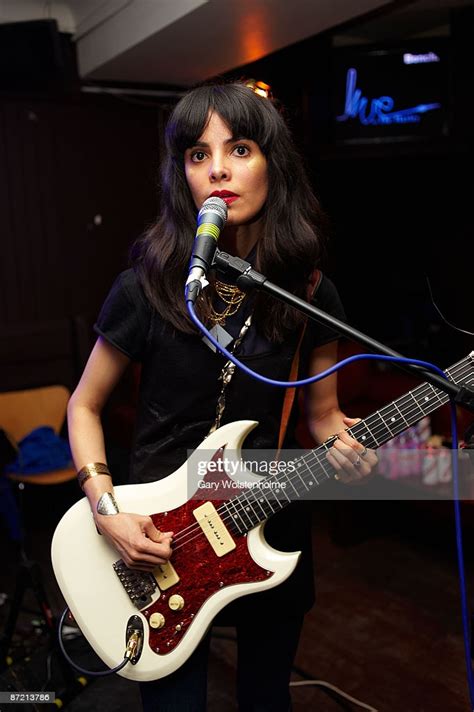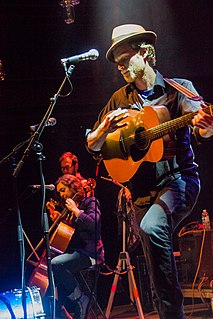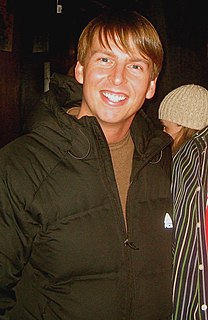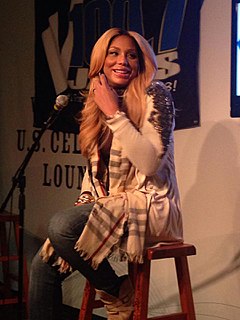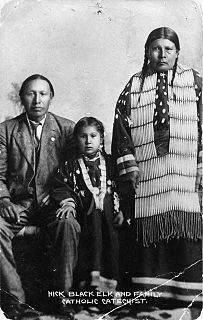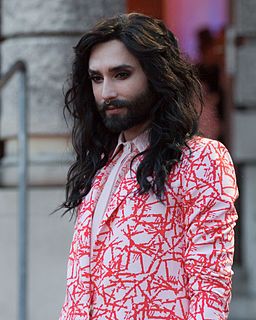A Quote by Alejandra Deheza
The hardest part was knowing that I would have to talk about the album when I released it. I think the hardest part was waiting to see how long it would take for me to be able to get through the questions people would ask me.
Related Quotes
I think the hardest part of being in the band and trying to make it is waiting, you know? I think, to be fair, if we would have gotten a big break early on, it would have been wasted on us. All of that perseverance you often learn by failing. We went from barely being able to book anywhere to being nominated for Grammys. It's a snowball effect that happens to a lot of bands. I think the hardest part is having a side job: bussing tables, bartending, and waiting tables to make ends meet. Sometimes they are really worth doing, because one day things might actually work out in your favor.
I never would have guessed that I would get a job for the way I sound. I would get notes about how I should lose my accent, and part of me thinks, 'How dare you! This is who I am! Millions of people want to sound like me!' But it's sensitive, and I have tried to change it, with little to no success.
I would like to find, or I would like a part to come to me that is like the part that Dennis Franz was fortunate to be able to play on 'NYPD Blue,' a sort of similar-looking actor to me, a generic, bald white guy who you would often think of as playing the authority figure. But he was the disgruntled middle-man. That would be a fun character.
I was so unsuccessful for so long. I was used to the word no. I was used to you're not good enough or not quite there or you need to fix this about you. So I am honestly walking in faith every single day that I am going to be able to handle whatever God has for me. I am not used to being in a place where people appreciate my work and understand my work and want to be a part of my work and getting something out of my work because for so long it was so misunderstood. The success part for me is the hardest part and everyday I'm still battling.
The funny thing is, when I ask people with dark skin if they would change their color, they tell me no, and when I ask women if they would rather be men, they tell me no, and I get the same response when I ask people with unusual anatomies if they would take a magic pill to erase their unusual features.
I ask my assistants if they're retarded all the time. When the camera is on you, of course, actors have the ability to make it real. For me, if I'm not talking, it is a problem. I have so much more respect for actors after being in front of the camera, and I realize that the hardest part is when you're not talking. Listening is harder than just acting. Listening is the hardest part.
